Questionin the last few months Chandler has been urinating in the kitchen and when he is seen doing this he gets very upset and growls and has even snapped at me for "catching" him in the act. A few days ago he snapped at my 11 month old grandbaby who was just walking past him, never touched him. He has been to the vet and is not ill. I don't know what to do. Any ideas?
AnswerWhen a dog growls or reacts in any way to being "caught" urinating in an inappropriate location, it's usually an indication that s/he has a conditioned response to the owner's reaction to the presence of urine. Your dog may be suffering from age related cognitive loss (as many humans suffer) and his house training skills may be deteriorating or changing, as a result. Reinforcing his appropriate elimination as you would do for a much younger dog is a good idea. Observe him from indoors (since he might not urinate in front of you outdoors) and when he has appropriately eliminated, praise him lavishly and offer him a tiny special treat when he comes inside. I have no idea whether or not your veterinarian analyzed his urine for the possible presence of bladder or kidney stones. If he did not, this is something you DO want to do. Do NOT scold, punish or show ANY indication of disfavor if your dog urinates indoors. Reward and praise his appropriate elimination and take into account that the dog is most likely responding to some physiological condition.
Regarding your grandson, it is not a good idea to allow your dog to interact with children of any age, especially not babies. He may be suffering from arthritis (not obvious during normal veterinary consult), developing cataracts, hearing loss, neurological problems (cognitive) or other physical ailments related to age. It is not fair to the dog to expect him to be able to successfully navigate a complex relationship with a juvenile human, especially if he's not been socialized to young children and is not accustomed to them. When your grandchildren visit, put the dog in a safe environment with a special toy and a treat and leave him there (behind a locked door so children can't enter) until they leave. Protect both the dog and the children.
If your veterinarian is unable to determine the presence of any underlying condition, this does not mean that the condition isn't present. Give the dog the benefit of the doubt as he enters his senior years and treat him with affection and patience. If his aggression begins to develop further (toward you), repost.

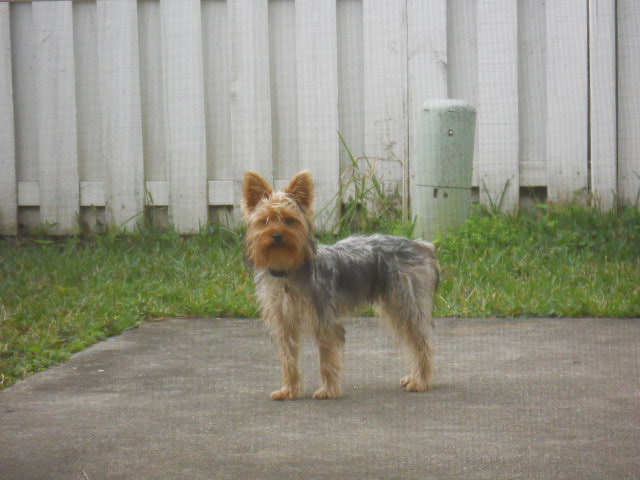 agressive silky terrier
Question
Lucas 1 year old
Hi Jennifer:
I have a
agressive silky terrier
Question
Lucas 1 year old
Hi Jennifer:
I have a
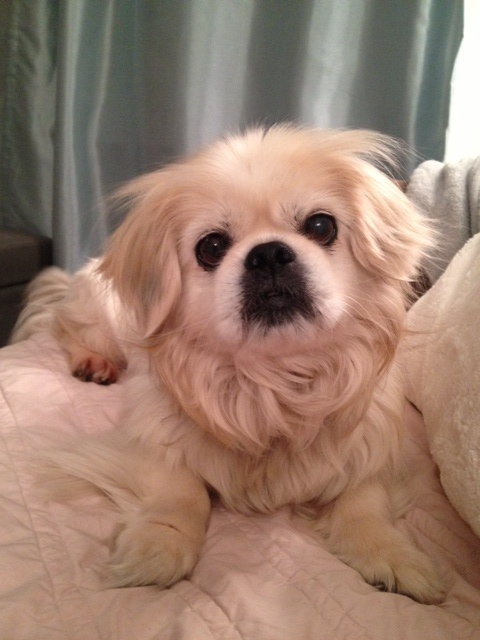 Nightmares?
Question
Beethoven
Hi Melissa, Ive had my very h
Nightmares?
Question
Beethoven
Hi Melissa, Ive had my very h
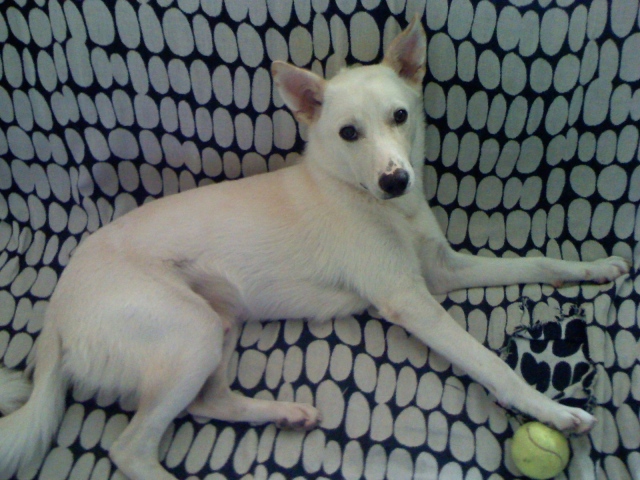 Dog walking problems
Question
Snickers
I have been trying to train my dog SN
Dog walking problems
Question
Snickers
I have been trying to train my dog SN
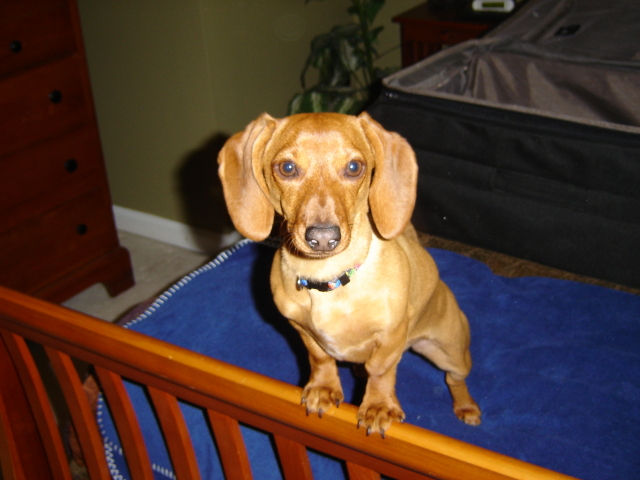 Mini Daschund with anxiety issues
QuestionAbigayle
QUESTION: I have a 3 1/2 yr old
Mini Daschund with anxiety issues
QuestionAbigayle
QUESTION: I have a 3 1/2 yr old
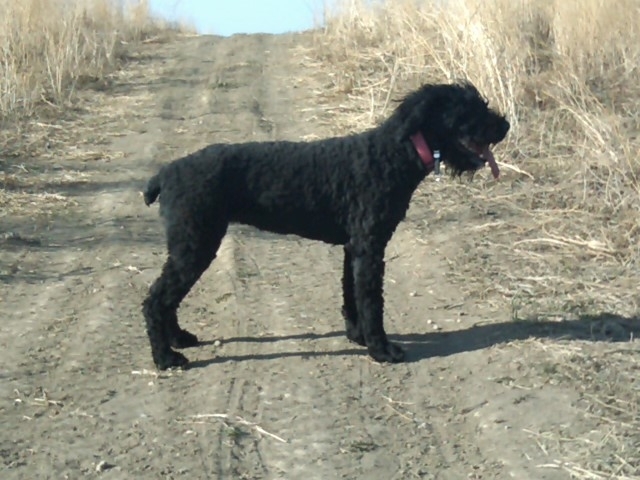 I was riding my bicycle when my 1yr old Bouvier bit my leg
Question
Pup
Hello, I have a 1yr old intact Bouvier bit
I was riding my bicycle when my 1yr old Bouvier bit my leg
Question
Pup
Hello, I have a 1yr old intact Bouvier bit